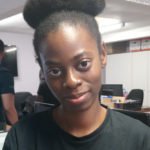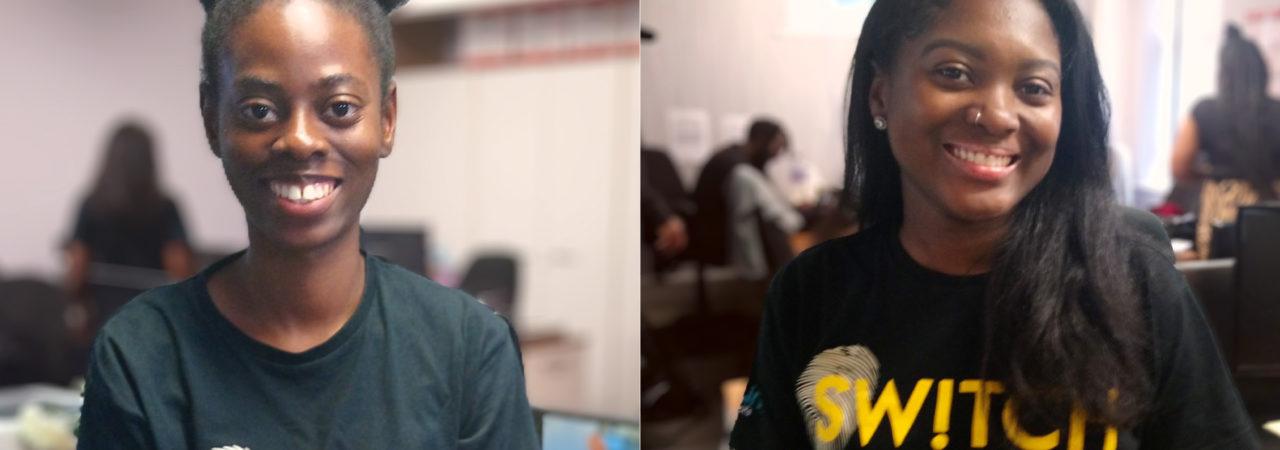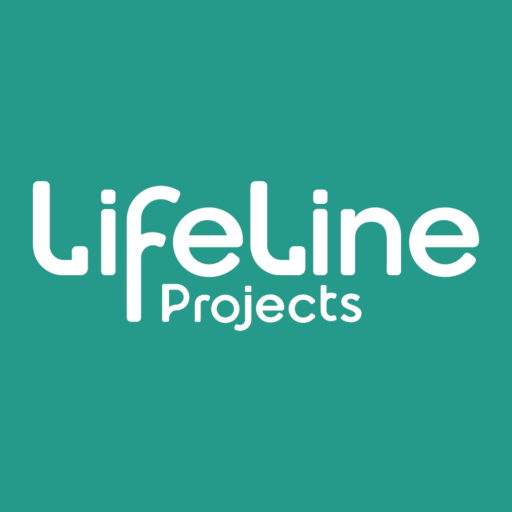This month, we’re introducing Itoro Victor-Akpan and Jakadi Appleton, Youth Development Workers supporting vulnerable young people through our SW!TCH Futures programme. Itoro and Jakadi have been making great strides running the girls’ hub together, which is why we wanted to hear a bit more about them.


Itoro Victor-Akpan


Jakadi Appleton
Where were you born and raised?


I was born in Nigeria and raised in Lagos. As a child I wanted to be a nurse or doctor. As I grew older, I got more interested in international affairs and the international development space though.


I was born in North London, in Islington, and raised there. I come from a big Caribbean family; I would describe them as the life of the party—loud; good energy. People from the outside are drawn to us. We’re close knit. We just have good energy and vibes.
What did your family teach you?


They taught me all about faith, integrity, hard work, and love.


To believe in myself—to keep going and never give up. No matter how long it takes, you will get to where you want to be.
How long have you been with LifeLine?


A little over seven months now.


Just over a year; I started in March last year.
What LifeLine programmes do you work on?


I work on the SW!TCH Futures programme. We work with vulnerable young people who have mental health concerns or who are at risk of Serious Youth Violence. Within my work. I work with schools in East London. I work with young girls as part of the Girls’ hub—supporting them to become better individuals and become agents of change within their community.
I co-lead the SW!TCH Ambassadors programme, which identifies young people from schools within the borough who have leadership potential.


I work with SW!TCH Futures, which is focused on young people that need support with their mental health or are at risk of violence. Linked with that, I run the Girls’ hub. That’s where girls can take part in activities and share with each other about things they don’t feel comfortable talking to adults about.
The young people I work with are aged from 11 to 18 and they could be dealing with mental health issues or serious youth violence. We hold one-to-ones for between 30 minutes and an hour each week. They get a listening ear and a safe space where they feel like they can open up.
What do you like most about your job?


I love the fact my job enables me to be a positive influence on young people and the community. But I see them as potential leaders across the whole world, not just in the local community.


I like meeting different young people. Everyone’s personalities are so different; we’re raised in different generations, but you learn so much from them and it’s great to see their growth. One person I mentored, they hardly spoke at first, but six months later, that young person had grown so much. We’re there to build and maintain a relationship based on mutual trust; a safe space where they feel able to thrive.
In your work life, what are you most proud of?


I would say that I’m most proud of the mentoring and the positive activities we run. We’ve come great distances with most of our young people. It’s great to see people who have had low self-esteem or poor mental health, or those at risk of youth violence, to position themselves to become better individuals, to be teachable, and to learn.


I’ve learnt that team work really does make the dream work. You need your team behind you; through collaboration, you see things you wouldn’t have seen otherwise. Communication is very important.
How would you describe LifeLine and its staff?


I like that we have a great team at LifeLine—the passion, consistency, teamwork, the spirit of working together.


You could definitely call it a lifeline for some of these young people.
I know we all love what we do here. And we love to support each other because it can get heavy at times.
What life-changing experiences led you to be doing what you are today?


I would say, having worked with young people for a while now, I’ve seen the potential in people to become better. They just need the opportunity to grow.
In 2018, I was an ambassador against illegal migration for a non-governmental organisation in Nigeria. I had an opportunity to interact with a group of young boys through an outreach program. These young boys were susceptible to knife crime. I also interacted with young girls that were homeless. Some had homes to go to but were vulnerable to abuse, to domestic violence.
Having that interaction with them made me understand their needs. It also lit the flame of passion within me to continue to see how they’re a great gift to the world.


Just experiencing what young people have gone through. The violence they face. The lack of facilities available to them. Having nowhere to go, just sitting about on the street. When I was growing up, I experienced that myself.
I just want to make a small change; letting them know there is more; giving somewhere to go where they can be safe and be themselves.



